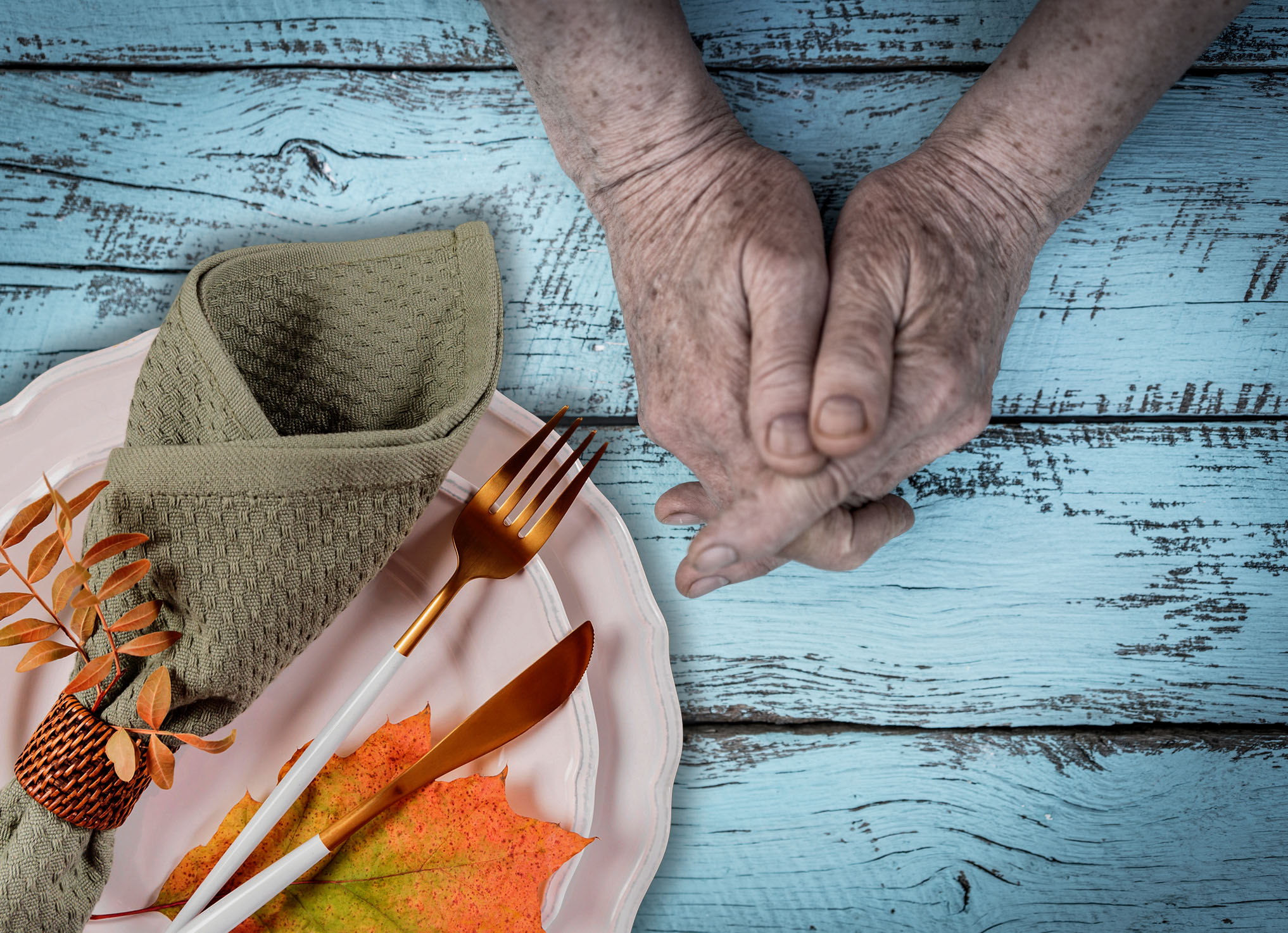
Thanksgiving Reflection: The Duality of Gratitude
Thanksgiving is right around the corner, a time where families and friends gather around tables, sharing food, laughter, and heartfelt moments. It’s that annual tradition where many take a moment to give thanks for the blessings in their lives. Common expressions of gratitude often include appreciation for family, health, and freedom. While these sentiments may seem predictable, they hold immense value. In a world where we often take the simple joys for granted, this annual ritual serves as a gentle reminder to express our thanks.
In many ways, Thanksgiving has a wonderfully corny vibe—a holiday steeped in warmth and togetherness. There’s something profoundly human about pausing to acknowledge our blessings, creating deeper connections with those around us. Sharing gratitude fosters a sense of camaraderie, reminding us in a world so full of chaos that the simple act of saying “thank you” can serve as a balm for our collective spirit.
However, as I prepare for this year’s Thanksgiving celebrations, I find myself pondering a different perspective on gratitude. Given the tumultuous experiences we’ve all weathered this past year—loss, hardship, and uncertainty—my reflections have taken a more somber turn. Instead of merely focusing on the abundance in my life, I find my thoughts drifting toward the absence of negative experiences. This instinctive pivot in perspective may seem like a subtle semantic shift, but it carries weight that deserves exploration.
In essence, my gratitude has become less about celebrating the good and more about recognizing what we’ve escaped. This shift in focus highlights a crucial reality: while it’s wonderful to be grateful for our blessings, there’s also an important lesson in acknowledging the struggles and tragedies that many face. It raises the question of why certain individuals, particularly those in dire circumstances, continuously grapple with losses, while others seem to dodge life’s harshest blows.
Reflecting on this duality of gratitude, I am compelled to think of those who are not as fortunate. It’s easy to feel a sense of buoyancy in our celebrations, but it’s equally vital to acknowledge the pain that exists beyond our own experiences. I find it hard to revel in my own sense of well-being without holding space for those who have lost loved ones, faced illness, or endured hardship. There’s an unspoken obligation to connect with the broader human experience, recognizing that our blessings can indeed contrast starkly with the struggles others encounter.
There’s a poignant saying that resonates deeply: “I’d rather not express my gratitude for avoiding tragedies without remembering those who couldn’t.” This thought encapsulates the essence of why this year’s Thanksgiving feels different for me. Memory has a way of sharpness; our recollections can either bring joy or poignantly remind us of what’s been lost.
As this Thanksgiving approaches, I’m encouraged to incorporate an extra layer of reflection into our traditional celebration. What if we added an “empty chair” at the table, a symbolic gesture acknowledging the faces of those we’ve lost or those grappling with their own hardships? Instead of a celebration that feels overly corny or superficial, this gesture would imbue the holiday with significant weight and meaning.
Remembering those who are no longer here—or those who are currently facing insurmountable challenges—will help ground our gratitude in a profound sense of empathy and connection. It emphasizes that while we may be fortunate now, life’s ebbs and flows mean that our circumstances can shift dramatically, and there’s dignity in honoring both sides of our shared human experience.
This Thanksgiving, let’s not shy away from the complexity of gratitude. May we celebrate, but also pause to reflect on those less fortunate. Let’s gather around the table, take a moment to share our feelings, and with sincerity in our hearts, remember those absent from the feast. In doing so, we can transform this great American holiday from a simple expression of thankfulness into a deeper, richer experience that fosters compassion and understanding.
Happy Thanksgiving, everyone—may it be a time of reflection and appreciation, both for our lives and for those who cannot share in our joys.

